A1.L1. Introduction to SPA
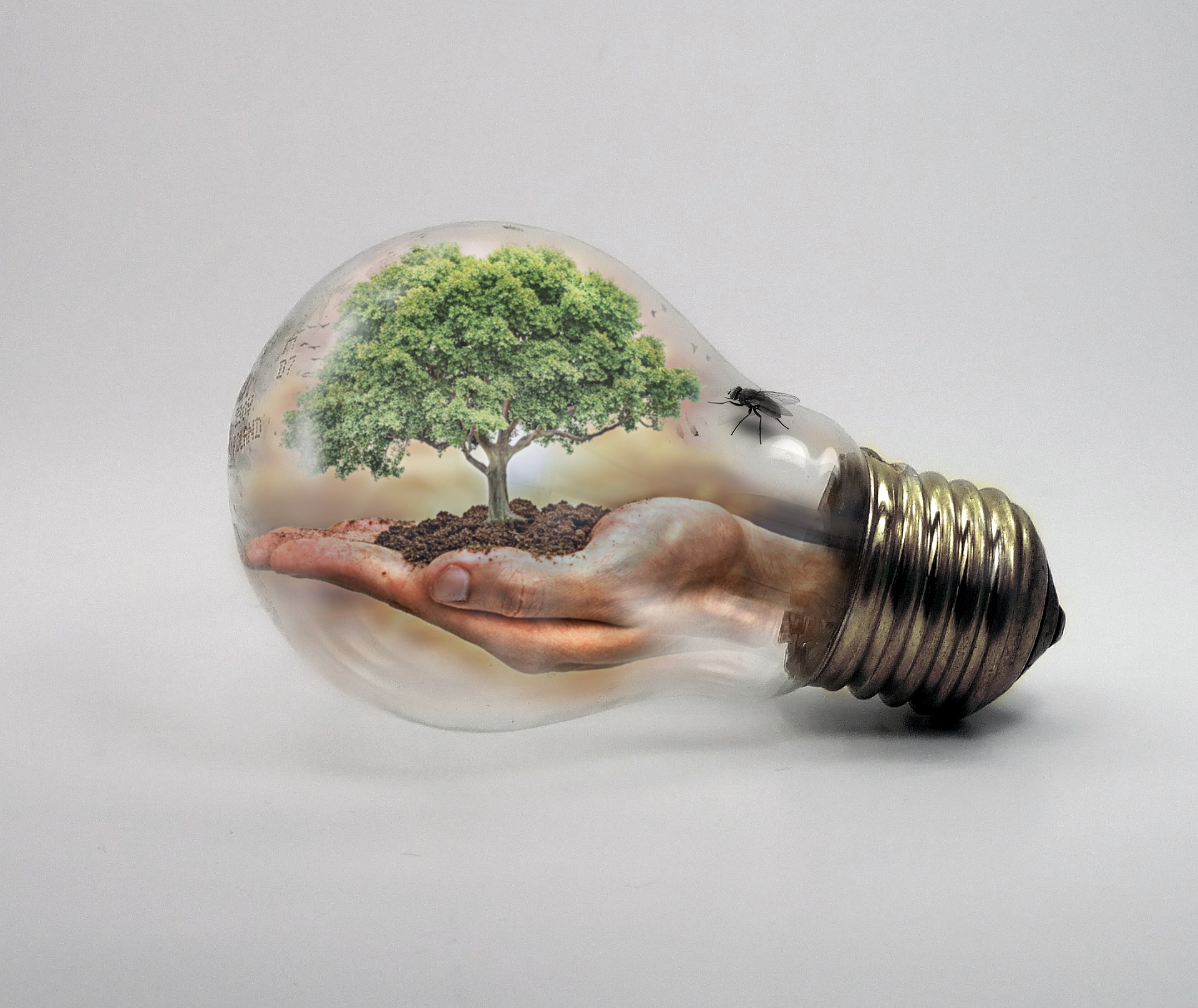
The lesson is divided in to 6 topics: Agriculture historical steps towards Sustainable Precision AgricultureDefinition of SPAThe digital revolution i ...

The lesson is divided in to 6 topics: Agriculture historical steps towards Sustainable Precision AgricultureDefinition of SPAThe digital revolution i ...
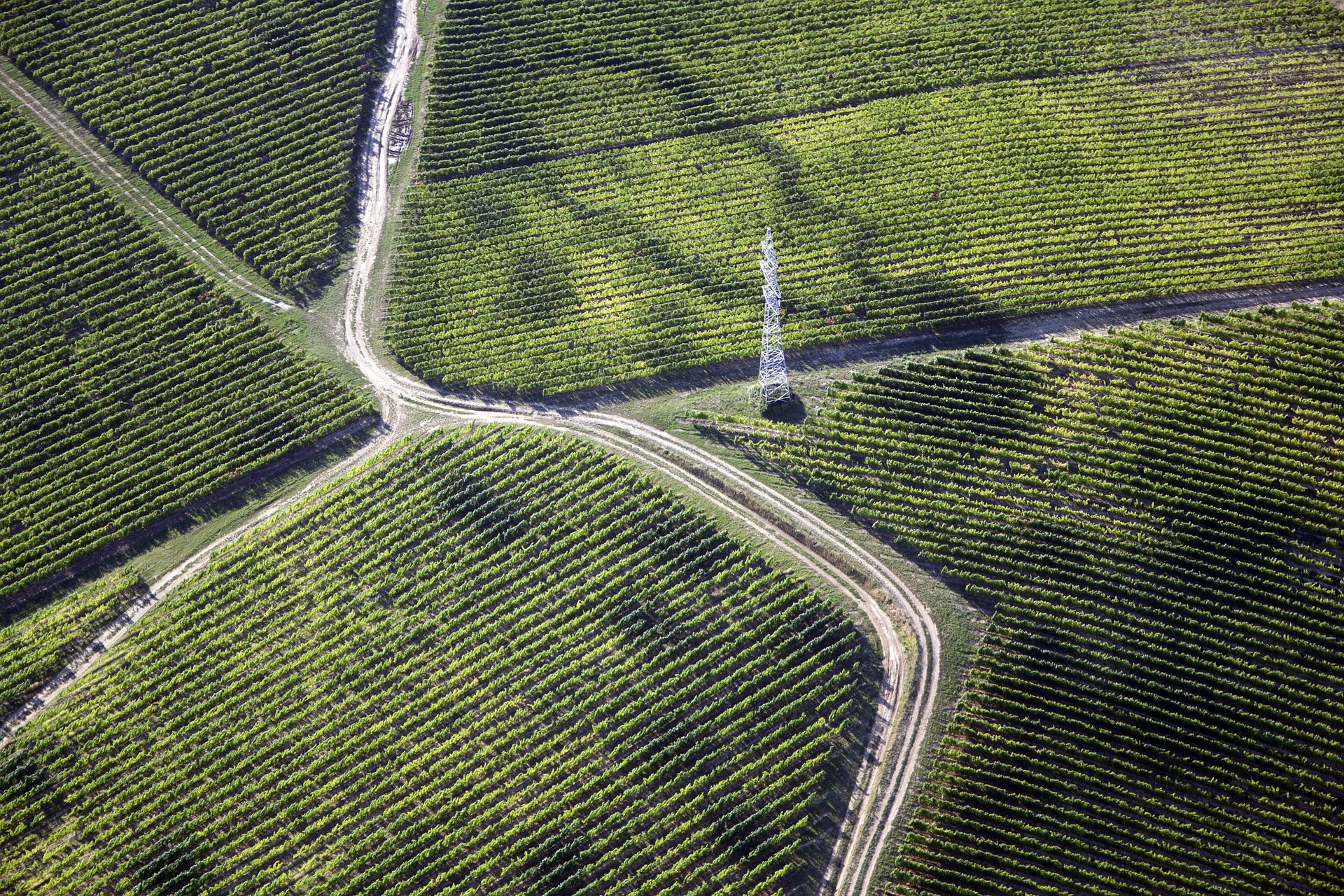
The lesson is divided in to 4 topics:The soil-water-plant agrisystem:a little about soil, water and plantsValue chain system in agriculture: role of S ...

The lesson is divided in to 2 topics:Positioning systems: GNSS Positioning systems: Machinery guidance
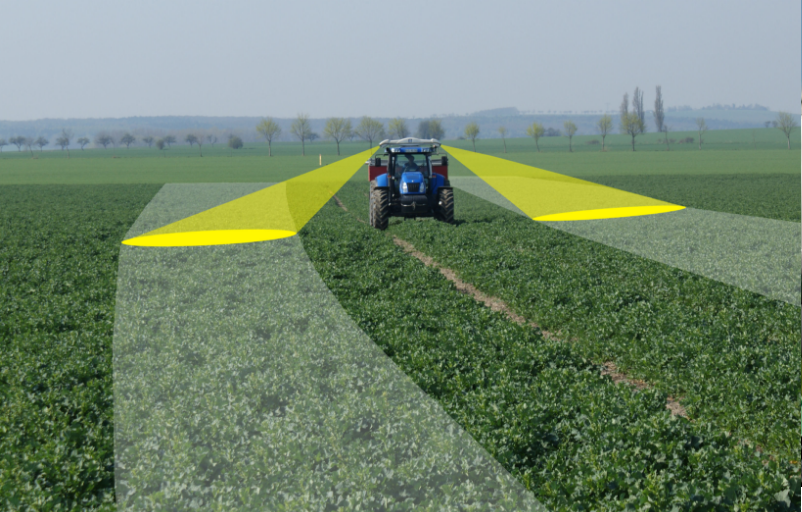
The lesson is divided in to 4 topics: Sensors for crop productivity, Yield maps.Proximal vegetation sensors Soil sensors Noded and sensors for multip ...
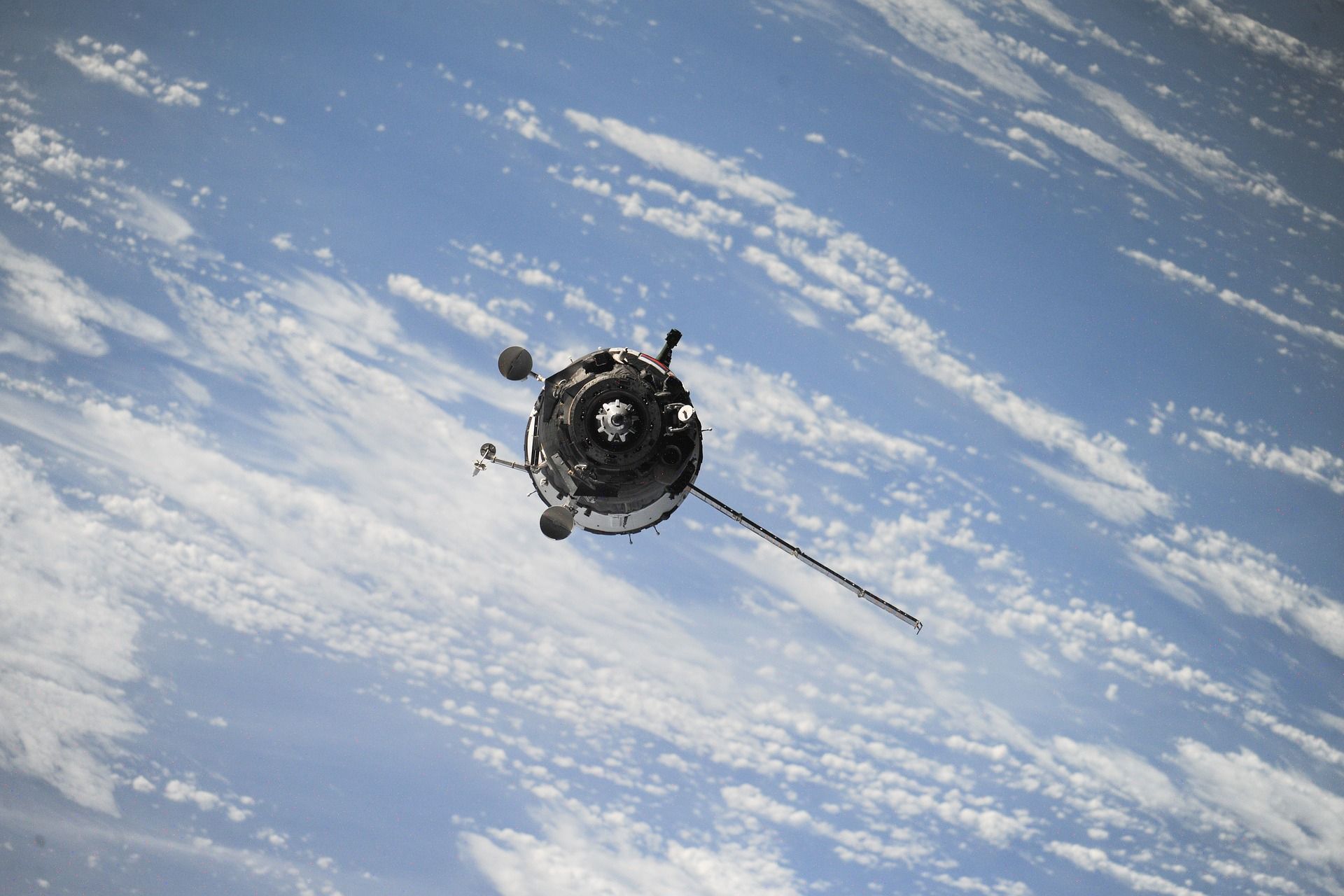
The lesson is divided in to 2 topics: Satellite imagery for SPA Remote sensing

The lesson is divided in to 4 topics: Variable rate seeding Variable rate fertiliser application Variable rate spraying Variable Rate Irrigation (VRI ...
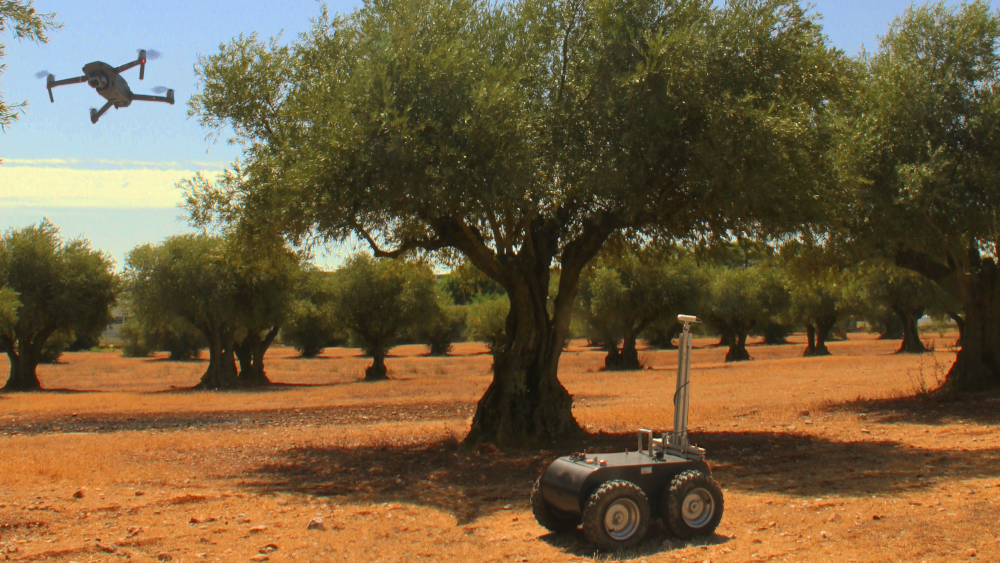
The lesson is divided in to 4 topics:1a. Robotics: Introduction1b. Robotics: Mobility2. Robotics: Manipulation3. Robotics: Fle ...

The lesson is divided in to 3 topic:Basics of geostatistical analysis with GIS Principles of data consolidation Modelling approach for data analysis

The lesson is divided in to 3 topics: Electronic Systems for Data Transfer and Command Telemetry and farm fleet management Internet of Thin ...

The lesson is divided in to 11 topics:CAP Legislation and SPAHow to start or be in a Union or Cooperative?Legislative ConstraintsLegal constraints on ...

The lesson is divided in to 8 topics:Vision and MissionBusiness Model CanvasLean Management in SPALocal Ecosystem Key ActorsIdentikit and features of ...

The lesson is divided in to 5 topics:Principles of Farm ManagementInnovation ProcessesWhat to do with data?Software for Farmers - FMISStudy Cases (web ...